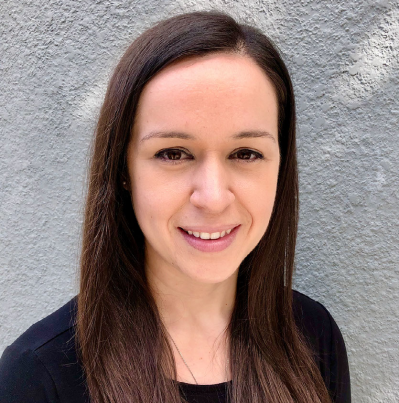
Why Do We Do This? - Synonyms/Antonyms
November 22, 2021
Why Do We Do This? Series
Synonyms and Antonyms
Written by: Amanda Blackwell, SLPD, CCC-SLP
In this series we will explore the reasons why we work on specific skills in speech and language therapy. As professionals, we want to make sure that we have clear reasons for selecting and targeting specific speech and language goals that match the academic demands being placed on our students and help them be more autonomous communicators.
In dynamic assessment, a very important component of the protocol is to explain to our students the why before attempting to teach a new skill. This is done so that they understand the real-world applications and relevance of what we are going to learn. This can provide additional intrinsic motivation and enthusiasm when participating in therapy activities to strengthen skills.
Knowing the why behind our goals will also help us to better explain them to the entire IEP team and will subsequently increase the likelihood that team members will make an effort to work on the goals in other settings.
A synonym is a word or phrase that means exactly or nearly the same as another word or phrase (Merriam-Webster, n.d.).
Why are synonyms important?
Knowing different synonyms for a word can help us to better express ourselves, allowing us the ability to convey exactly what we are thinking at any given time. A bigger vocabulary means that we can use specific words that help our communication partners to visualize and to better understand our thoughts.
I could say that I feel “bad” or I could say that I feel “achy.” The latter word should conjure up a clearer picture in your brain of how I am feeling. The more words that we have in our lexicon, the more complex and precise our language will be. I could use a general word and say that it’s hot outside, or I could say that it is muggy and help you understand the specific type of heat.
Have you ever read a story that repeated the same words over and over?
Boring!
For example, “They did a good job making the good food with the good pots and pans.” We can use synonyms to spice up that sentence and make it more interesting for our readers. We can say, “They did an excellent job making the delicious food with the fancy pots and pans.” We are able to help readers imagine what we are describing with more accuracy when we use a broader selection of words.
Why is it important to learn antonyms?
Sometimes learning what something is not can help us understand what something actually is. Knowing opposites of words can help us compare and contrast different concepts and organize the vocabulary in our brain.
For example, if we say it is not small and not short, we can assume that the object in question is big and tall if we know the antonyms for each word. We can do more critical thinking activities and use our working memory to come up with words that mean the opposite of another word.
Working on synonyms and antonyms in therapy sessions can help our students to not only expand their vocabularies, but also to become more effective communicators and better writers.
Consulting with classroom teachers to understand the types of vocabulary words that students will be learning in class can further help make therapy sessions more productive and relevant for our students. We want to encourage our students to apply their newly-learned skills in the classroom and beyond, and talking to them about the why can help them do just that.
Merriam-Webster. (n.d.). Synonym. In Merriam-Webster.com dictionary. Retrieved September 17, 2021, from https://www.merriam-webster.com/dictionary/synonym
About the Author

Dr. Amanda Blackwell has been living and working full-time in Guatemala for nearly 8 years. She completed a clinical doctorate in speech language pathology and started the official professional association for local Guatemalan speech therapists (SomosTLgt), which has offered more than 150 continuing education hours over the past year to its members to strengthen the understanding and implementation of concepts like EBP and AAC in the country. In January 2020, she began working toward a Doctor of Education degree at Murray State University with the goal of opening a university for allied health professions in Guatemala to improve the quality of services across the country. She currently directs the speech therapy departments at FUNDAL (for individuals with deafblindness and multiple disabilities,www.fundal.org.gt) and the Guatemalan Association of Down Syndrome in Guatemala City and Xela (www.downguatemala.org), provides teletherapy services for public school students in the United States, runs an autism education social project for Spanish speakers called LUNA (@lunautismo in Facebook, Instagram and YouTube), and is part of the ASHA-PAHO ad hoc committee for Ecuador. Amanda serves as an adjunct research fellow working with five doctoral students in the SLPD program at Rocky Mountain University of Health Professions in Provo, Utah and will be teaching in the masters of autism studies and masters of speech-language pathology programs as an adjunct professor at Saint Mary’s College in Notre Dame, Indiana beginning in the summer of 2021. Amanda enthusiastically collaborates with SLP Toolkit as a content creator. She is a life-long learner herself and loves providing dynamic trainings on various topics to school districts and SLPs around the world.



